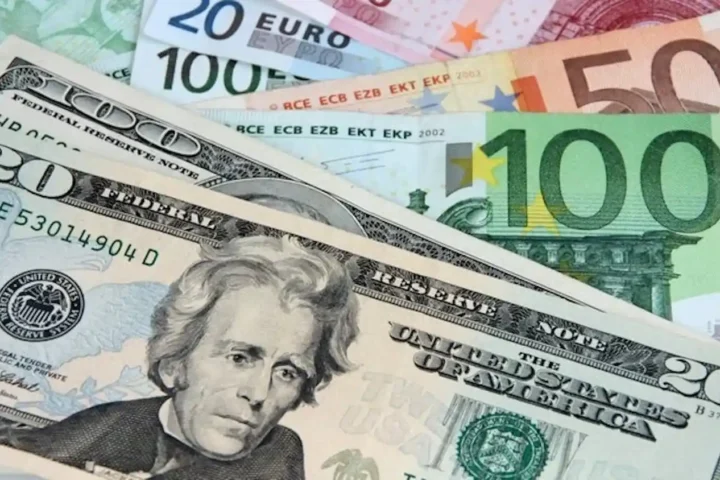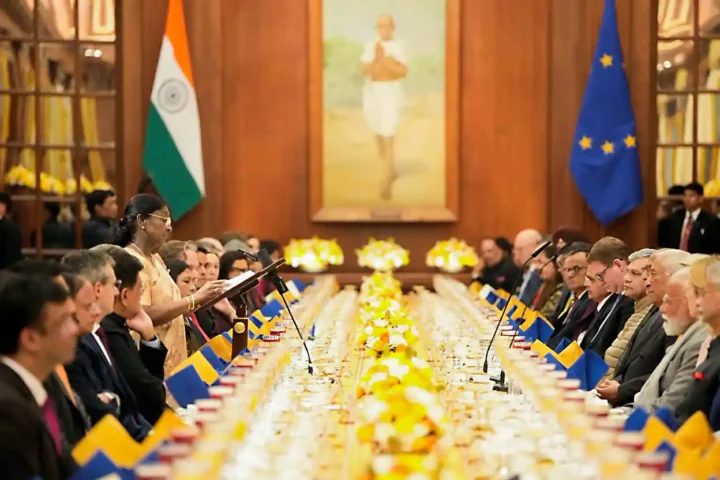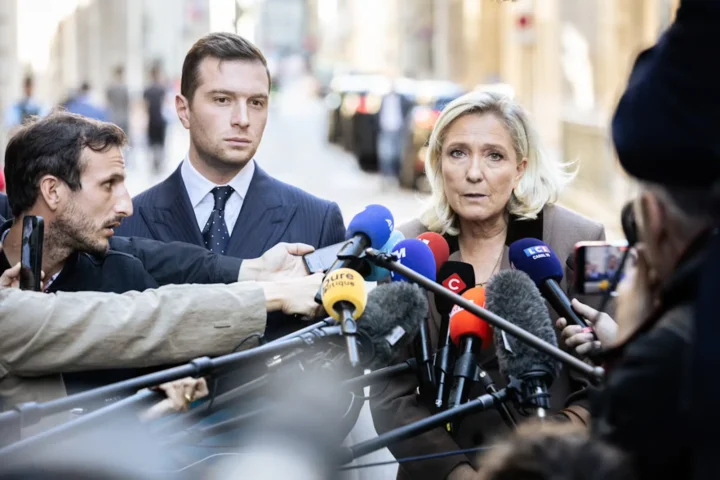Germany, long seen as Europe’s economic powerhouse, is grappling with a deepening crisis that threatens not just its prosperity but the very stability of its democracy.
The nation’s economy has been floundering since the pandemic, with the energy shock caused by Russia’s 2022 invasion of Ukraine delivering a devastating blow. After six years of stagnation, Germany’s real GDP growth has stalled, sitting nearly ten percent below pre-pandemic expectations. The energy crisis also triggered the sharpest fall in real wages since World War II. Although workers have seen some recovery since then, real incomes remain significantly depressed, feeding public discontent.
This economic malaise has paved the way for political extremism. In a stunning shift, the far-right Alternative for Germany (AfD) party secured second place in February’s federal election, a troubling milestone for a country still haunted by its 20th-century past. With its open disdain for liberal democratic values and links to neo-Nazi groups, the AfD’s rise has sounded alarm bells across Europe.
Yet Germany’s leadership has struggled to mount an effective response. The previous center-left government, led by Chancellor Olaf Scholz’s Social Democrats, clung to stringent budget rules even as the economy faltered. Fiscal austerity dominated their agenda in 2023 and 2024, deepening the stagnation and ultimately collapsing their coalition.
In their place, a new administration led by Friedrich Merz of the center-right Christian Democratic Union (CDU) has promised a fresh start. In March, Merz’s coalition—secured with support from the SPD and Greens—amended Germany’s strict “debt brake” rules, allowing for significant new spending on defense and limited investment in infrastructure and climate projects. Markets rallied, and Merz confidently declared, “Germany is back.”
But many experts warn that the changes are insufficient. Much of Merz’s broader economic agenda leans heavily on free-market policies: privatization, deregulation, and cuts to social spending. Critics argue that these measures fail to address the real pain point for ordinary Germans—wage losses and the soaring cost of living. Without stronger government intervention to create jobs, boost wages, and stabilize prices, public frustration is likely to grow, providing fertile ground for the AfD.
Indeed, Germany’s traditional engines of prosperity are faltering. Once reliant on cheap Russian energy, booming exports, affordable housing, and leadership in mechanical industries, Germany now finds itself buffeted by rising energy costs, tough competition from China in clean technology, and global trade tensions fueled by U.S. protectionism. Domestic policy missteps, such as the abrupt end to electric vehicle subsidies, have only exacerbated the downturn.
Merz’s decision to prioritize defense spending, while limiting social investment, reflects an ideological shift but raises doubts about long-term economic recovery. Germany’s arms industry is thriving, but job creation in the sector remains limited. Even in towns like Görlitz, where tank production has replaced civilian manufacturing, employment has shrunk.
At the same time, Merz’s government is signaling possible cuts to social spending—an approach that risks alienating voters already struggling under economic strain. Public confidence is fragile: only 30 percent of Germans believe the new government will bring meaningful change. Merz’s approval ratings are the lowest for any incoming chancellor in postwar history, and the AfD is gaining ground in national polls.
Economists argue that a different approach is needed. Instead of selectively relaxing fiscal rules for defense alone, Germany could benefit from a broader reform that allows deficit spending on a wider range of public investments—housing, clean energy, eldercare, and job creation. Strengthening domestic demand by raising the minimum wage and protecting workers’ rights could help make the economy more resilient.
There are also calls for Germany to rethink its industrial strategy, actively supporting the green transition rather than leaving it to market forces. Targeted subsidies and public investments, tied to fair labor practices, could ensure that the benefits of modernization are broadly shared.
Without bold action, Germany risks deepening its economic woes and accelerating the drift toward political extremism. The warning signs are clear: if the mainstream parties fail to deliver tangible improvements to ordinary citizens, they may find themselves overtaken by those who threaten the very democratic order Germany has spent decades rebuilding.
For now, Germany stands at a crossroads—one path leads toward renewal and shared prosperity, the other toward division and decline.











